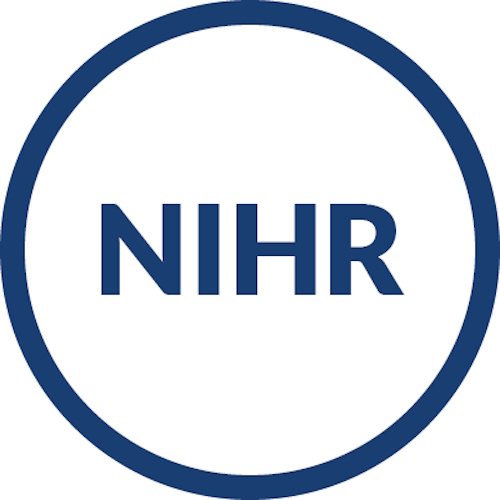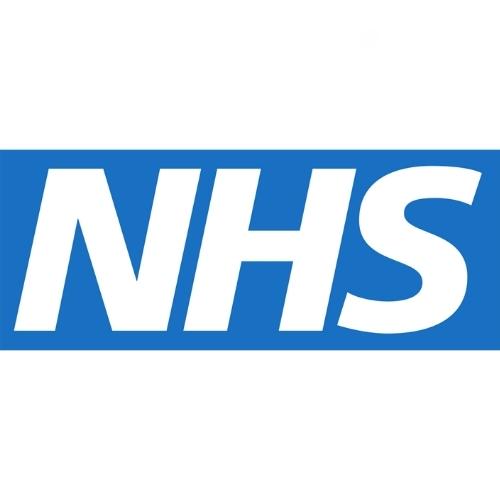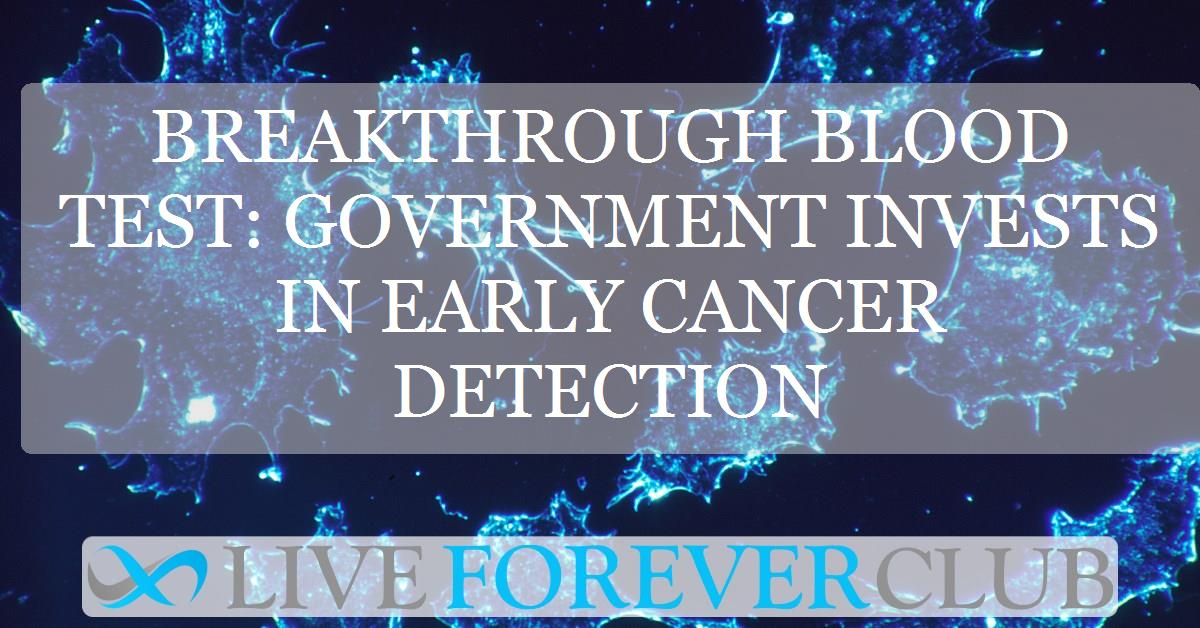Key points from article :
The UK government is set to fund a groundbreaking £120 blood test that could potentially detect the 12 most common cancers before any symptoms arise. This innovative test, known as the Mionco screening, builds on technology similar to the PCR tests used during the COVID-19 pandemic and is designed to accurately identify 50 types of cancer without producing false positives. The cancers targeted include lung, breast, prostate, pancreatic, colorectal, ovarian, liver, brain, esophageal, bladder, bone and soft tissue sarcoma, and gastric cancers.
To enhance the efficiency of this test, the government will allocate £2.5 million through the National Institute for Health and Care Research. Health Secretary Wes Streeting, himself a cancer survivor, highlighted its potential to transform cancer treatment over the next five years, enabling doctors to diagnose conditions like lung or bladder cancer with just a few drops of blood. He emphasized the need for the NHS to catch up with the private sector in medical technology, as current disparities can significantly impact patient care based on geographical and financial factors.
Researchers from Southampton University, who developed the test using clinical data from 20,000 cancer patients, are now focused on refining the artificial intelligence systems that analyse blood samples. They plan to incorporate data from 8,000 diverse samples to improve accuracy. Prof. Paul Skipp noted that such a test could save countless lives by facilitating earlier detection of cancers, with hopes for its implementation in the NHS within the next five to seven years. While there are existing NHS screening programs for some cancers, this new blood test could revolutionize early detection and reduce the current annual £800 million spent on screenings for four cancers, along with the additional £91 million on false positive follow-ups.









